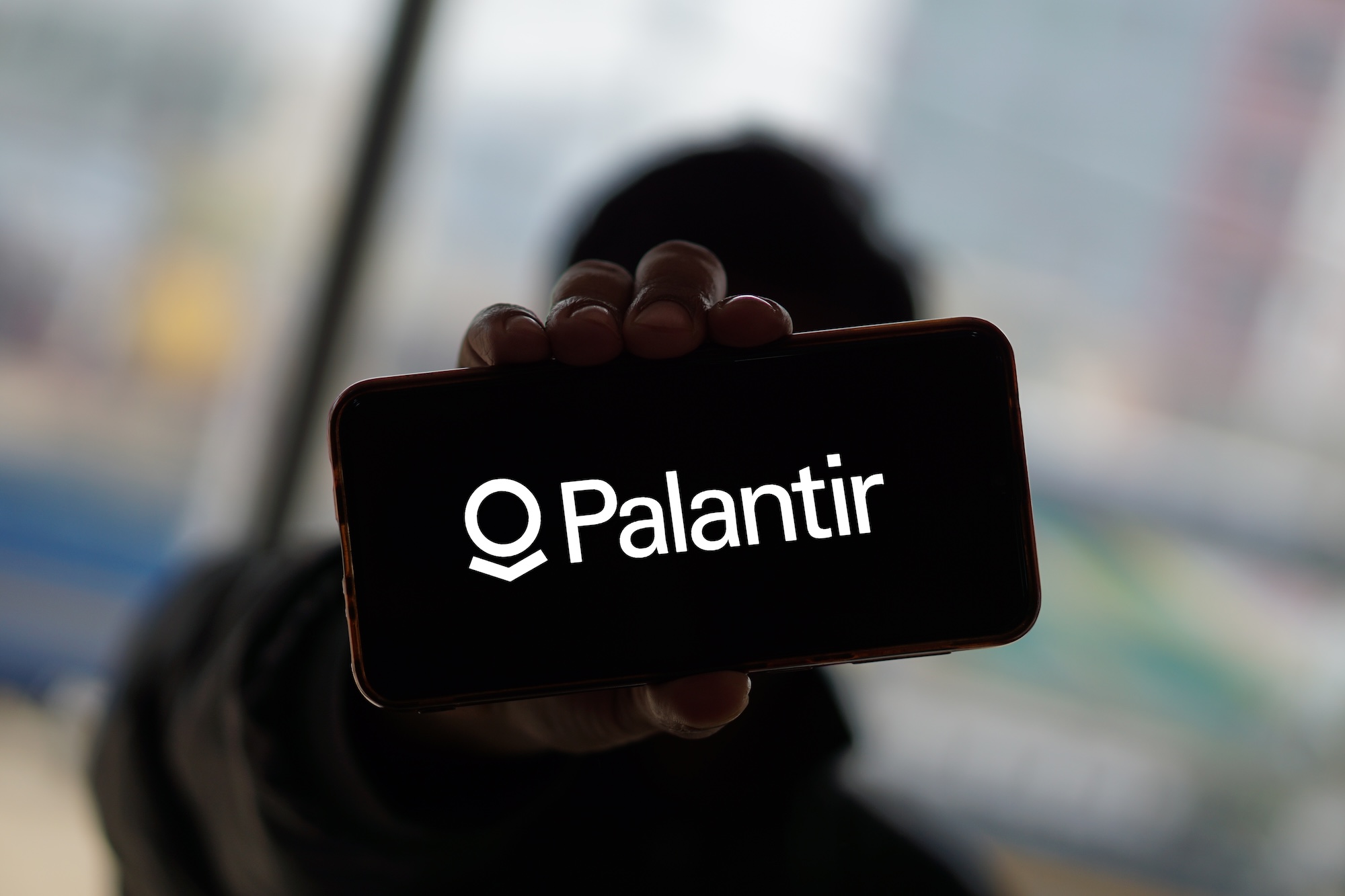
Palantir Technologies (PLTR) has built a substantial portion of its $428 billion market cap through a significant trove of US government contracts focused on military innovation.
But now the company is diversifying its portfolio of government contracts beyond the US to partner with America’s allies.
The UK government announced a strategic partnership with Palantir that could result in the company making up to £1.5bn (USD $1.8 billion) in investments that will go toward accelerating innovation within the country’s defense sector.
The deal will begin with Palantir making up to £750 million (USD $1.01 billion) in investments over the next five years aimed at the development of data and AI-powered capabilities across data analysis, intelligence, decision support and targeting systems.
The partnership was signed by UK Defense Secretary John Healey and Palantir CEO Alex Karp. Healey said that the government’s partnership with Palantir will “help the UK military develop the latest digital tools and harness AI technology to accelerate decision making, improve targeting and keep the British people safe from evolving threats.”
As part of the agreement, Palantir also announced that it plans to open a headquarters in London for its European defense business.
“This partnership is a major vote of confidence in UK leadership in defence, data and AI technology and as an ideal location for companies to invest and expand,” Healey said in a statement. “By harnessing the power of AI, we will boost the effectiveness of our Armed Forces, ensuring they have the tools they need to keep the British people safe.”
Karp said that Palantir will be investing “in the most advanced AI-enabled defense technology, honed on the battlefield in Ukraine and used extensively by the US and NATO.”
“It will reinforce the UK’s position as a major military force protecting the West from our adversaries,” he added. “And it will underline the UK’s status as our largest presence outside of the US.”
Healey noted that the partnership with Palantir falls in line with the government’s Strategic Defense Review and Defense Industrial Strategy, which seeks to make the UK a leader in military innovation among the NATO countries.
Palantir has committed to creating up to 350 new jobs within the UK defense sector.
Palantir pushes back against ‘surveillance’ allegations
While building a massive revenue stream through government contracts has been great for its business – Palantir’s stock has soared 137.1% YTD and it has 100 times multiple on its revenue – the company found itself disputing allegations last week about what exactly its work with the US government entails.
An article in The American Conservative magazine accused Palantir of using its “vast spying power” to build the government’s “ultimate apparatus for surveillance and control.”
The magazine also referenced an article in The Intercept from 2017 containing leaked information provided by whistleblower Edward Snowden that allegedly showed “Palantir’s Gotham operating system filtered the National Security Agency’s (NSA) XKEYSCORE data, vacuuming up the private communications of millions of Americans into the ultimate system for turnkey tyranny.”
In a blog post responding to the article, Palantir said it “contained a number of inflammatory accusations regarding Palantir, our business model, and historic or ongoing areas of work — many of which could be addressed with even the most basic attempt at due diligence to understand what we do.”
The post added that “Palantir is not — and has never been — a surveillance company,” and that it has also “never contracted with the NSA and therefore Palantir played no role in building the NSA’s XKEYSCORE intelligence analysis tool.”
“We do not conduct surveillance, we do not provide surveillance services, nor do we sell our software for the purposes of enabling unlawful surveillance,” the company wrote. “Our software enables our customers to interact with data to which they have lawful access in ways that minimize risks of privacy and civil liberties harms.”
Your email address will not be published. Required fields are markedmarked